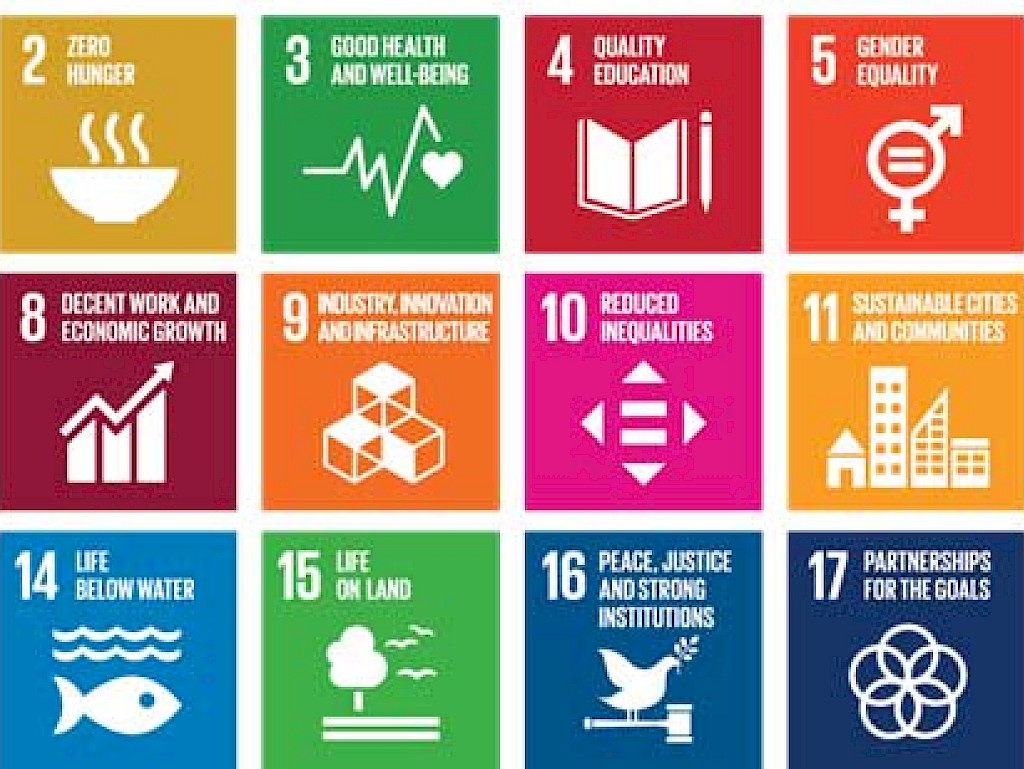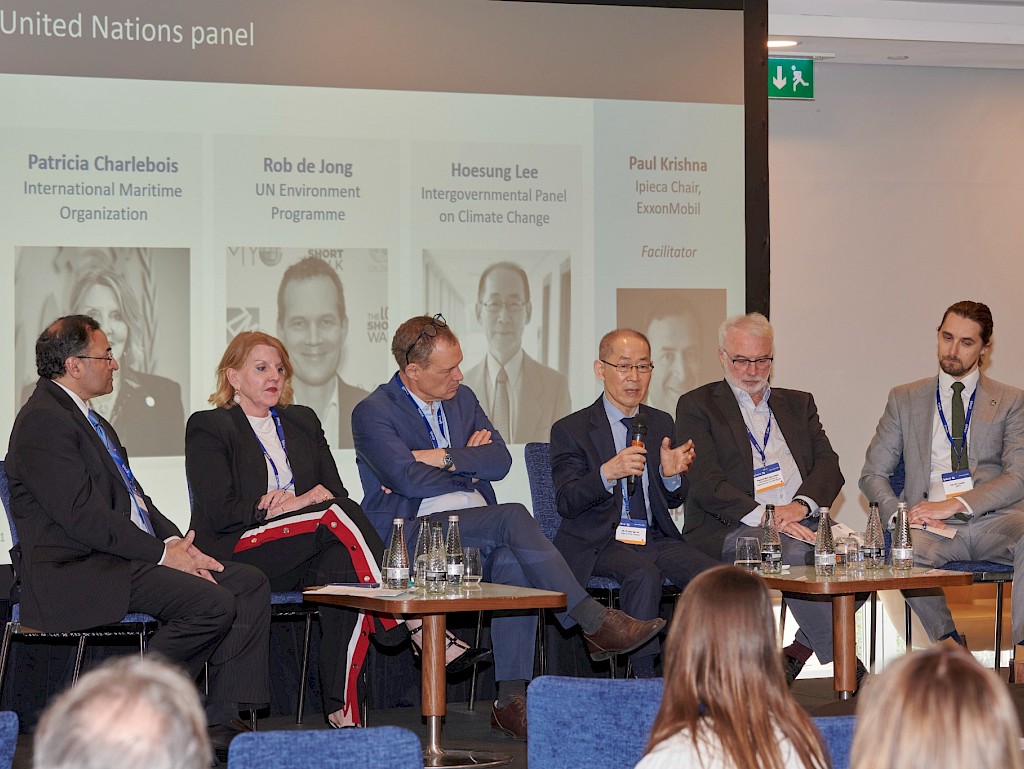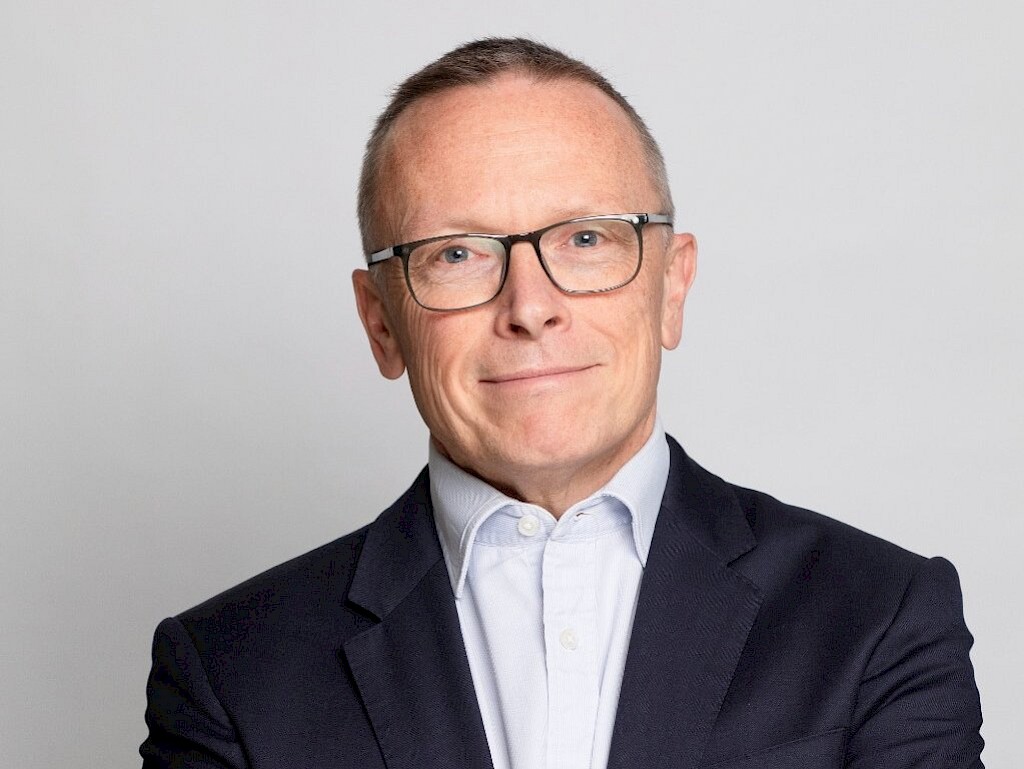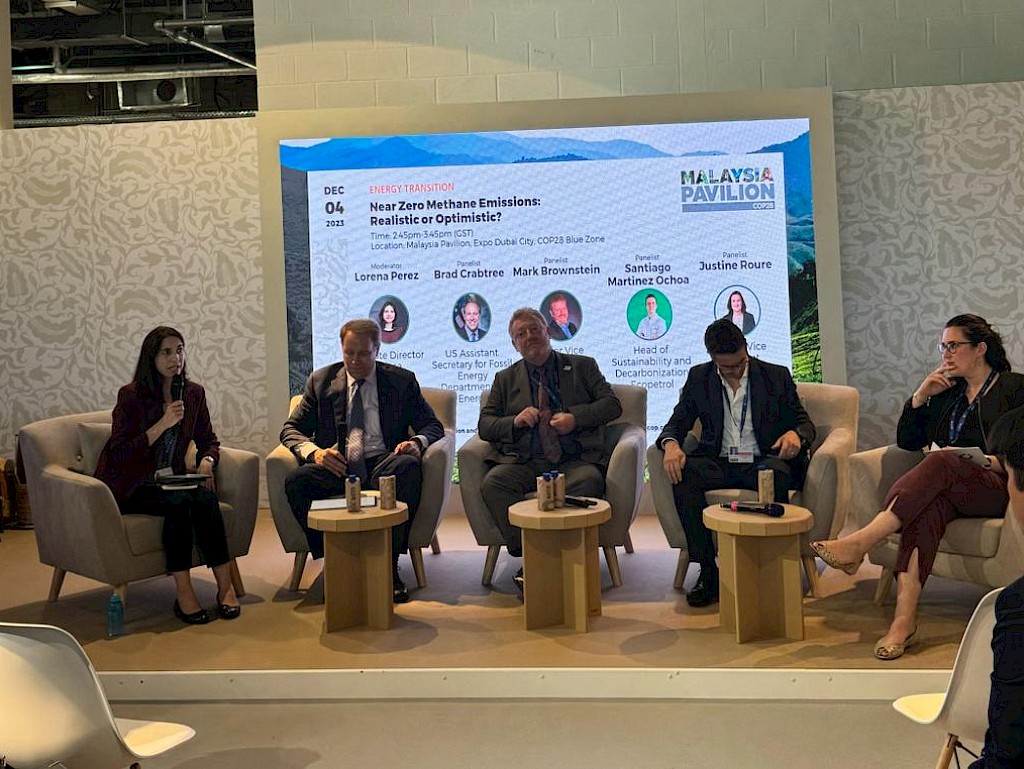Oxy President and CEO Vicki Hollub spoke to Ipieca Chair Morten Mikkelsen at Ipieca Week 2022 about its Pathway to 2050 goals, scaling up global carbon removals, methane emissions reduction and advancing a just transition.
Q: In Oxy's 2021 climate report you set out Oxy's pathway to 2050 goals. Can you tell us what Oxy is trying to achieve?
A: First, I'd like to say that Ipieca is a critically important organization for Oxy and the whole industry.
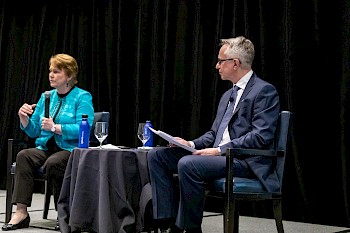
Our pathway started as a business development tool. We were looking to integrate more sustainable practices into our operations, including replacement of the naturally occurring CO2 used in our enhanced oil recovery (EOR) with anthropogenic CO2. During this process we learned about broader opportunities to capture CO2 from industrial facilities and directly from the atmosphere. The whole process changed quickly from a business opportunity to our passion and pathway, with buy-in from the whole company. Our starting point was being the best we can be in our own operations.
Oxy's Pathway to 2050 is our passion, with buy-in from the whole company.
Methane is also a key issue. We have supported a regulatory approach to reducing methane emissions from all emitters, to supplement voluntary actions by leading companies. For example, Oxy has signed up to the World Bank's Zero Routine Flaring by 2030 initiative, the Oil and Gas Climate Initiative's Aiming for Zero Methane Emissions pledge, and the UN's Oil and Gas Methane Partnership 2.0. In addition to collaborating on those global methane initiatives, we are applying innovation and technology to this area. We are capturing emissions during flowback from shale operations. We are modelling what we do in our labs and then transferring this to operations and are applying paradigms from safety to aim for zero methane emissions.
Oxy is leaning into technological solutions for addressing GHG emissions and continuing to enhance our CO2 capture skills. We have announced plans to build the world's largest direct air capture project in the Permian Basin, which when fully operational is expected to extract up to one million tonnes of CO2 from the atmosphere per year. A big advantage of direct air capture is that the CO2 can be extracted anywhere.
Q: What government support is needed to achieve net zero?
A: We have for quite a few years been working with government agencies and NGOs on policies and incentives for accelerating carbon capture, utilization and storage (CCUS) technologies, which are necessary to cap global temperatures from rising more than 2 degrees Celsius. And this is supported by many climate models. We cannot achieve the necessary transition without government involvement in the form of tax incentives to scale up carbon removal technologies, like those for wind and solar, which have been a great success because the costs have come down 80 to 85 per cent. Similarly, government incentives have enabled electric cars to become more affordable and widely deployed.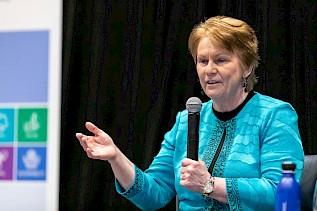
New technologies, like carbon capture, need to be adequately incentivized. For this reason, we have been supporting the expansion of the 45Q U.S. federal tax credit, which will support CCUS and DAC deployment. But we must move faster to make this technology commercially deployable at the scale necessary to achieve needed emission reductions. The expansion of 45Q and the direct pay of this tax credit needs support from our industry because the more support, the faster we'll get this technology developed, deployed and scaled at the levels needed.
Q: What other things beyond technology do we have to prioritize?
A: I'm so incredibly proud of being a part of this industry and having organizations like Ipieca to work with and make what we're doing better. Water is an essential element, and an area where Ipieca is doing lots of good things. Our industry needs to get to where we are focused on treating and re-using produced water so it can be safely used by agriculture, ranching and other sectors. We've got to reach a point where we are using recycled water rather than fresh water that could otherwise be consumed. I am also proud of our OxyChem employees who make chemicals that turn non-potable water into water safe to drink. We've donated water treatment products to refugee camps in Africa and during hurricane responses. More recently, we've sent products to Ukraine to help the people there. We are gratified to have the ability to make a positive impact through our products.
We have the opportunity to advance a just transition where our employees, as well as the communities where we operate, can prosper and flourish in a net-zero future.
Lastly, communities should always be at the forefront of what we do. Ipieca is the only global oil and gas industry association that covers climate, the environment and communities. The communities where we work should benefit because we are there. Our industry has been a pathway to the middle class for generations. We now have the opportunity to advance a just transition where our employees, as well as the communities, can prosper and flourish in a net-zero future.
